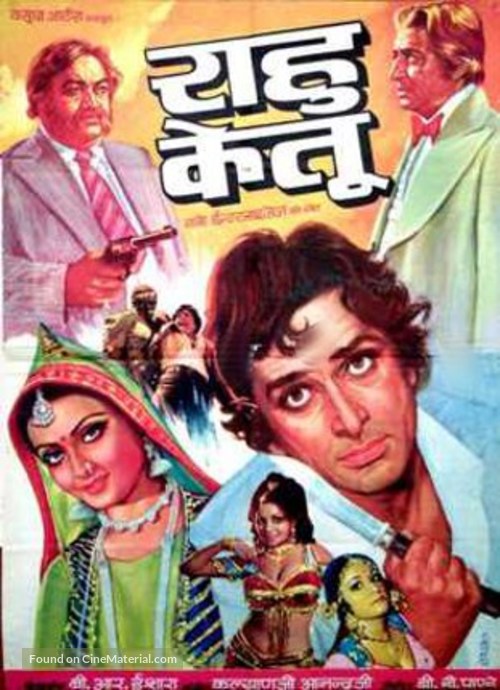I just saw Namkeen, a film I hadn’t previously seen, and nor had I heard any of its songs. The highlight was undoubtedly “Phir se aaiyo, badariya bidesi,” a song of heartbreaking loveliness. Asha and R.D. Burman suffuse this song with great longing as well as restraint (the latter embodied in Asha’s low vocal ranges here); this has to be one of the best songs from the 1980s that I’ve encountered — it is simply bewitching:
In both Namkeen and Mausam, Gulzar uses the somewhat discomfiting trope of the woman/women who need rescue, and can’t be free unless and until saved by a man; that is hardly new, but in both films Gulzar also features the empathetic male figure who seems to be culpable precisely because of his engagement with the women stuck in a horrible situation; this commitment is in fact what enables him to be a traitor of sorts, to enable irreparable injury out of feebleness. The result isn’t entirely satisfying, but perhaps Gulzar is best appreciated as an evoker of mood, of a nameless melancholia that pervades so many of his films: I don’t find it the most successful aesthetic when married to the figure of the lost woman, but transplanted to the terrain of a ruined city — the Mandu of Kinara — it works a quiet magic.


 Oppenheimer / 2023
Oppenheimer / 2023
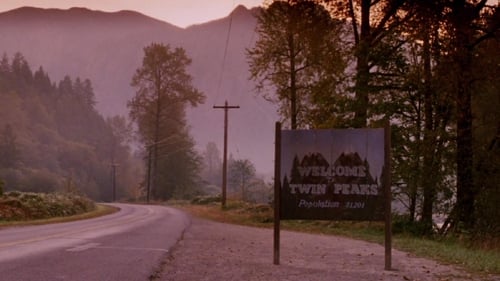 Twin Peaks / 1990-91
Twin Peaks / 1990-91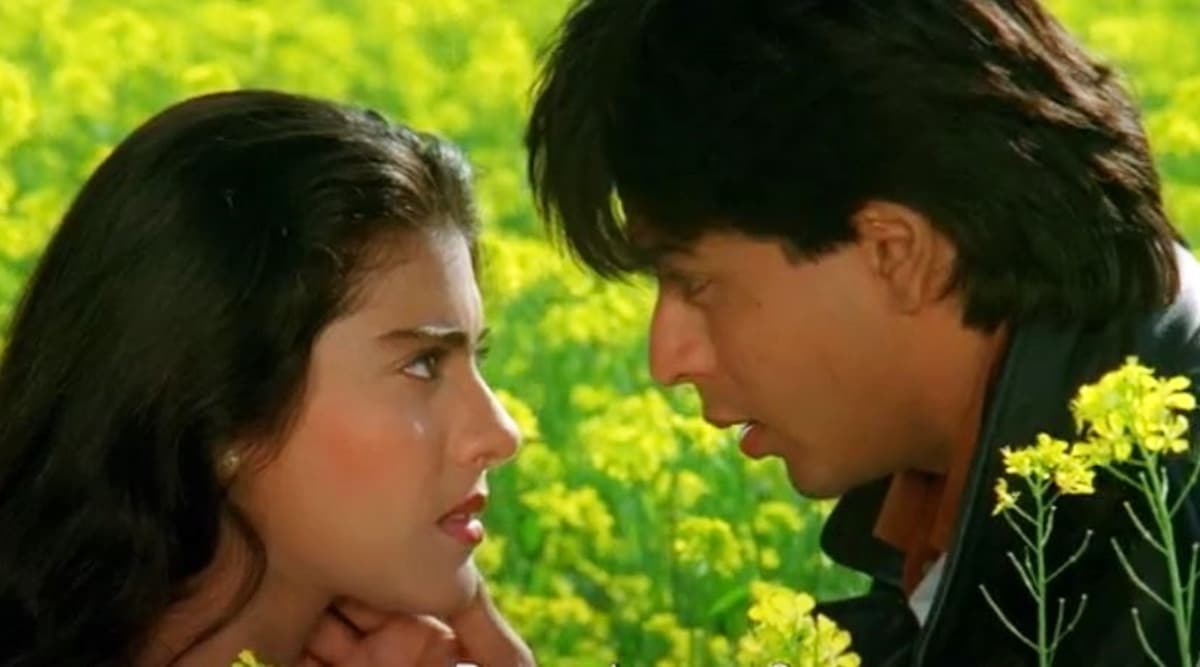

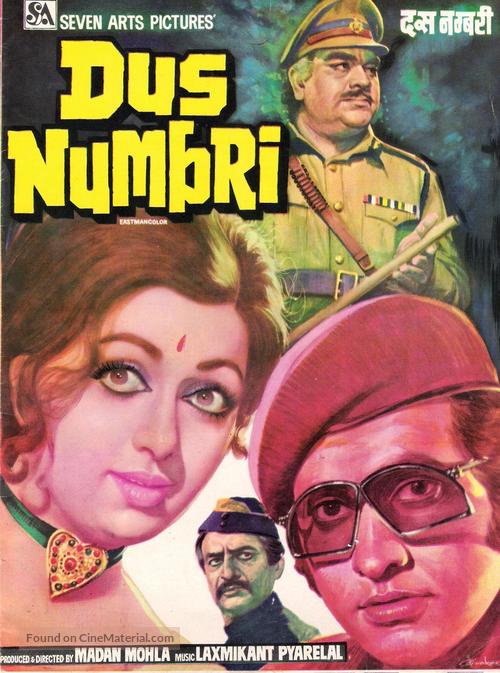
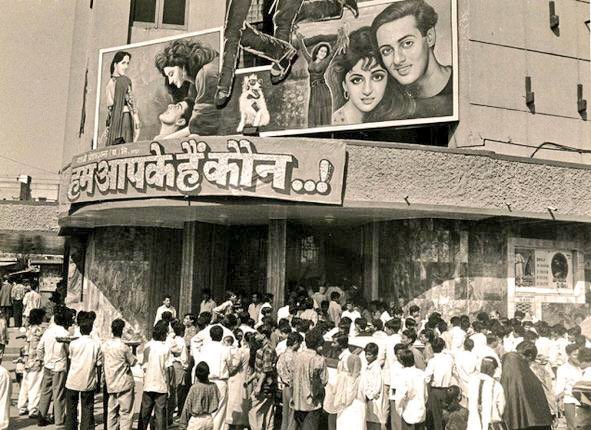
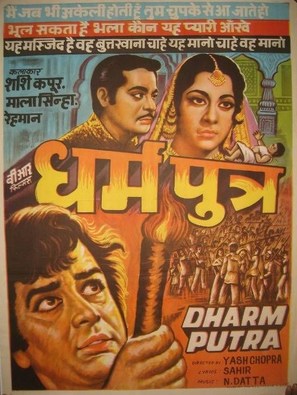
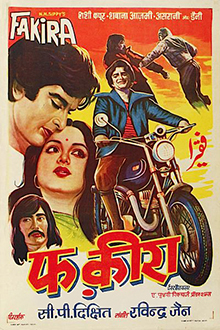
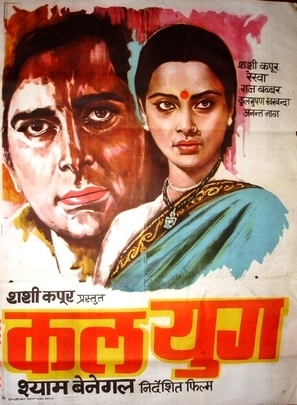


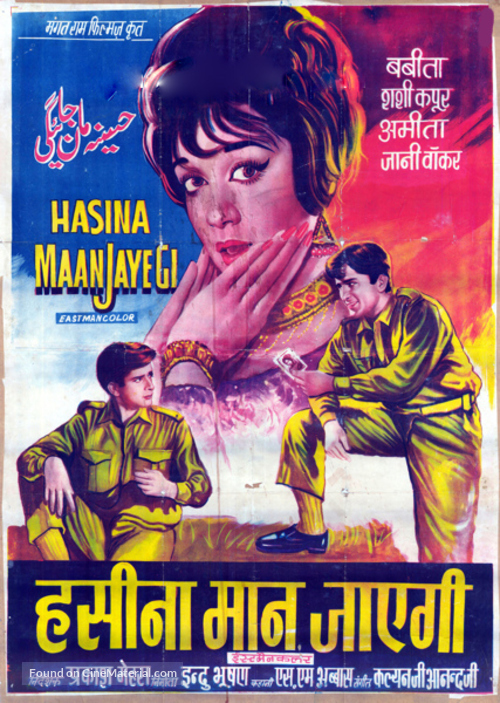



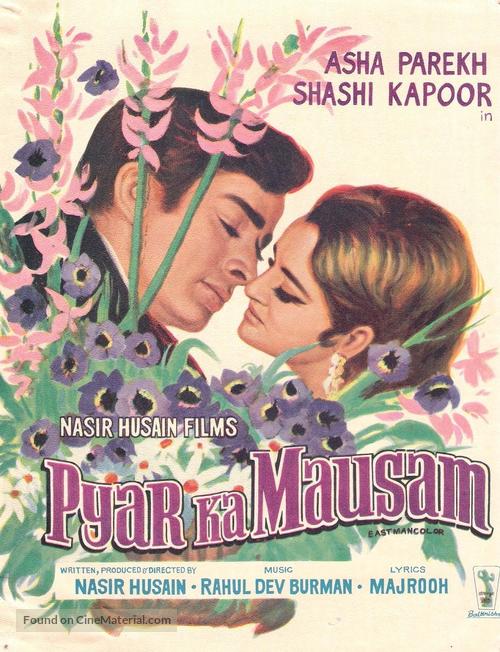
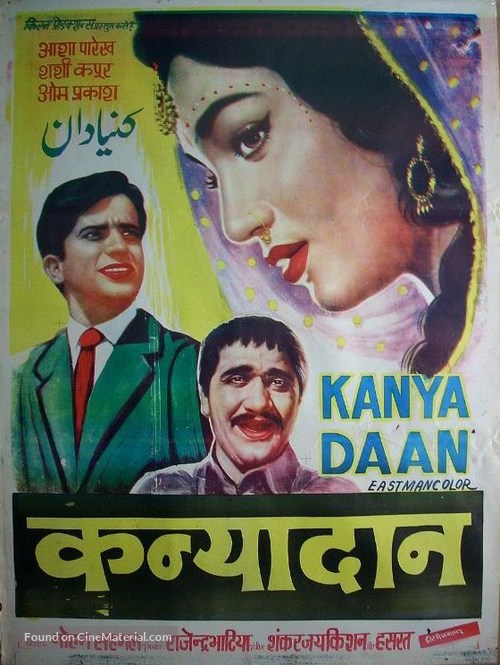

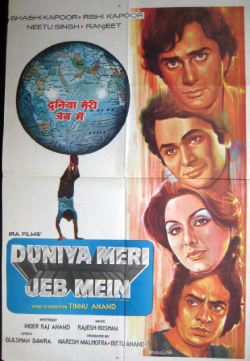

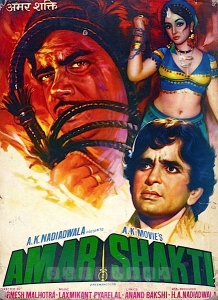
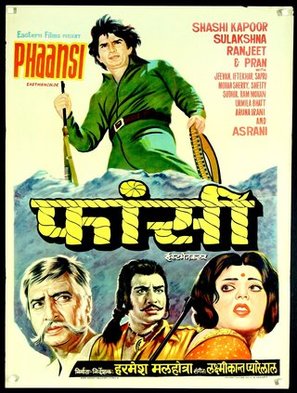





.jpg)

